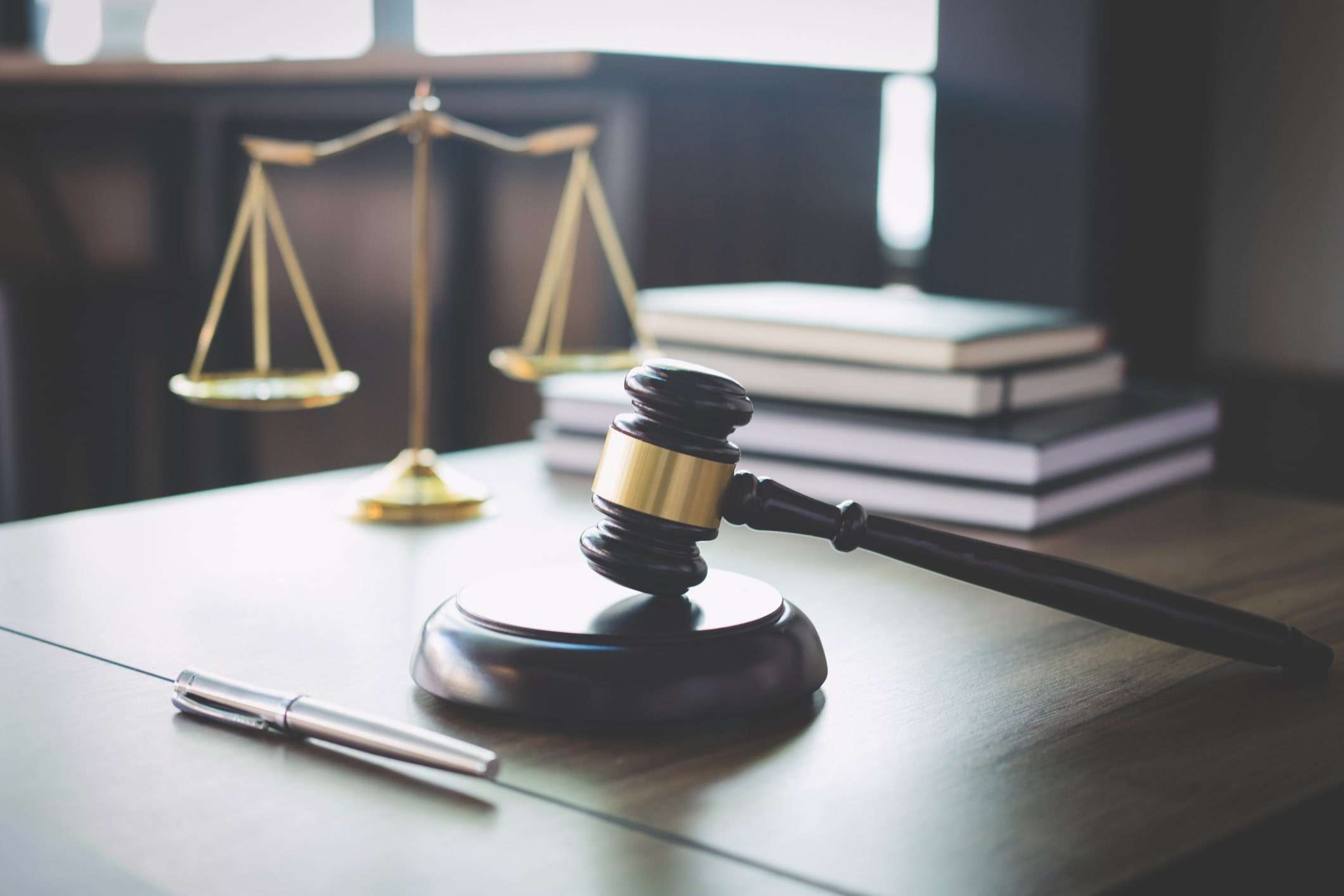The drug overdose epidemic, including cocaine, continues to worsen in the United States. For the loved ones of anyone struggling with cocaine addiction, it can be difficult to watch addiction take hold as their physical and mental health begins to suffer.
The need for cocaine often begins to negatively impact important commitments such as work, school, or family. Cocaine addiction is life-threatening, and long-term use can result in significant health problems and permanent physical damage to the body. For many friends and family members trying to support a loved one, death by a cocaine overdose is the worst fear.
What is Cocaine?
Cocaine—a powerful substance that leads to feelings of euphoria—is an illegal, highly addictive, and powerful stimulant drug that can be snorted, smoked, or dissolved and injected into a vein. It is a powder substance processed from the leaves of the South American coca plant, which has been used for centuries to increase energy.
It’s one of the most popular party drugs for a reason: the drug makes users feel alert, social, energetic, and hypersensitive to stimuli. But because its effects are so short-lived, the risk of overdose on cocaine is very high as users repeatedly seek its high.
Can You Overdose on Cocaine?
Yes. In fact, according to the CDC, cocaine was involved in nearly 23% of overdose deaths in 2021. Additionally, over 5 million Americans reported current cocaine use in 2020 (almost 2% of the population). Although cocaine-involved overdose death rates in the United States decreased from 2004 to 2012, they began increasing again in 2012. And, from 2020 to 2021, cocaine overdose death rates increased by a whopping 22%—with more than 24,000 Americans dying in 2021 from an overdose involving cocaine.
Cocaine is a risky and unpredictable substance for many reasons. Its effects can vary between users, meaning overdoses don’t always correlate with the amount of cocaine a person ingests. For example, someone might snort a few hundred milligrams of the substance and overdose, while another can ingest several grams without overdosing.
Like all street drugs, cocaine potency can vary widely—a huge factor in its dangerous, volatile, and unpredictable nature. It’s impossible to know exactly how much cocaine is in a batch, and the drug can easily be laced or cut with other drugs, like fentanyl or heroin, leading to an even higher risk of an overdose.
What is a Cocaine Overdose?
Similar to any drug overdose, a cocaine overdose occurs when an individual ingests too much, too fast. Essentially, too much cocaine, or cocaine mixed with another substance, poisons the user from the inside out. Their body can’t handle the influx of the drug, and extreme reactions occur when cocaine reaches toxic levels within the body.
Signs and Symptoms of Cocaine Overdose
As a stimulant drug, cocaine increases the central nervous system functions and ramps the body into high gear. Shortly after taking cocaine, someone will experience an increase in heart rate, blood pressure, and body temperature. There is an increased risk of heart attacks as well as serious neurological risks, including intense headaches, comas, and seizures. Cocaine can also affect the gastrointestinal tract and cause severe nausea, vomiting, and dehydration.
In the case of a drug overdose, side effects can turn deadly—fast. The psychological and physical signs of a cocaine overdose can vary from one person to the next, but these symptoms are common:
- Chest pain
- Vomiting and nausea
- Increased blood pressure and heart rate
- Tremors
- Changes in respiration
- Paranoia and hallucinations
- Delirium
- Seizures
Cocaine addicts often mix the drug with other mood or mind-altering substances to experience a more long-lasting and intense high. That raises the stakes even more—the body’s cardiovascular systems and organs are put at increased risk, especially if cocaine and alcohol are mixed. Because these substances affect the body in opposite ways (as a stimulant and a depressant), each heightens the impact of the other.
What Do I Do After a Cocaine Overdose?
If you suspect someone is experiencing a cocaine overdose, stay calm. Call 911 immediately and do not leave the individual unattended. Seizures are common, so do not hold the person or restrain them. Instead, position them safely on the floor and remove any dangerous objects nearby that could injure their head or limbs. Apply a cold compress to the forehead, side, and back of the neck and wrists to help reduce body temperature.
If caught early, an overdose can be reversible without permanent effects from the incident.
After an ambulance arrives, medical personnel will take the individual to the ER, where IV fluids and medications will be administered to help reverse the effects of the overdose. Depending on the severity of the situation, an individual may remain in the hospital for several days before a discharge. Attending a rehabilitation program in this situation is crucial.
Cocaine Detox and Withdrawal Symptoms
Because cocaine is an addictive drug, with repeated use, it’s very common to develop a physiological dependence on it to feel like they can “function normally.” As a result, someone may experience withdrawal syndrome when attempting to stop using the drug.
Cocaine withdrawal symptoms can vary in severity depending on several factors but may include the following:
- Anxiety
- Depression
- Irritability
- Poor concentration
- Slowed movements and thoughts
- Fatigue
- Changes in sleep patterns
- Appetite changes
- Cocaine cravings
- Paranoia
These uncomfortable symptoms typically last several days after stopping use, but in some cases, may continue for several weeks.
In general, stimulant withdrawal syndromes are relatively less severe than those associated with substances such as alcohol and opioids, but it’s still crucial to seek professional help to detox.
While stimulant withdrawal does not usually involve severe physical symptoms or present immediate medical dangers, some individuals may be at risk for developing debilitating dysphoria (i.e., depression and overwhelmingly negative thoughts and feelings), which can lead to dangerous suicidal thoughts. Because withdrawal experiences can vary, in some cases an individual will require closer medical attention and monitoring.
Finding Treatment for Cocaine Addiction
Did you know that cocaine can permanently affect both the body and the brain? Long-term cocaine abuse can cause noticeable changes in brain chemistry and structure and even permanent brain damage in someone who uses large amounts of the drug. Cerebral bleeding can occur in heavy users, and addiction can lead to permanent memory loss and decision-making and motor function issues.
The sooner an individual with a cocaine addiction can seek professional help, the better chance they can prevent a potentially fatal overdose and minimize long-term harm to their physical and mental health. Every day and second counts, so don’t delay seeking addiction treatment.
Recover From a Cocaine Overdose Today
If you or a loved one is struggling with cocaine addiction and seeking treatment options, Creekside Recovery Residences can assist in providing resources and options, including detox facility recommendations and/or interventionists with years of experience assisting families and individuals.
We know what you’re going through and you’re not alone. We are here to help you. Contact us today to get started on your recovery from cocaine addiction.


